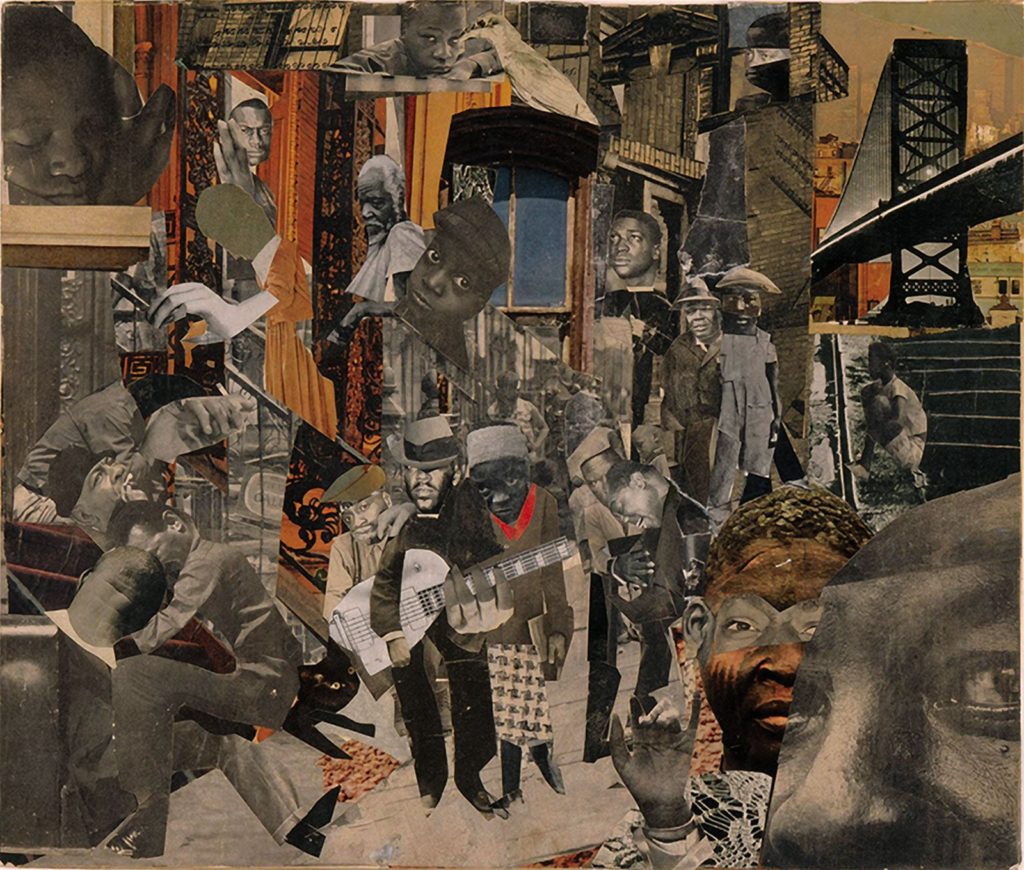The Spectrum of Blackness

By Mollie Innocent-Cupid, Deputy Executive Director
In my last blog (Reflections of Colorblindness), I shared my reflections about seeing color. I asked some questions of you, specifically around how acknowledging or omitting race impact your shared personal and professional spaces.
So, today, I take it a step further to reflect on and explore “What is the Black experience?”
But then again, what is the Asian experience? What is the Hispanic/Latinx experience? What is the White experience? The first step in answering this question, I believe, is to first understand that no group of people are a monolith, and that there is beautiful diversity within these groups.
As I often do, I will share three stories from a few people in my life, and their unique experiences in navigating their Blackness. (These are real people, so I’ve changed their names for privacy.):
- Tom was dark-skinned Black male was a classmate of mine. To paint a picture of what he looked like: he must’ve been 300lbs and at least 6ft 5in tall. His skin was the color of a coffee bean, or the darkest chocolate. He was the sweetest and kindest guy, comparable to a “big teddy bear.” And if you ever crossed his path, you would always be met with the biggest and brightest toothy smile of his. During one of our seminars, he shared his need to routinely “defuse the tension” in his space with his smile, knowing that he was perceived as a threat, particularly due to his gender, his stature and the darkness of his skin. Elevators, predominant White spaces, and women (Black or White) caused him anxiety. And his way to cope with this hyperawareness was to smile. Tom was still a super kind guy, but smiling was a tool that he learned to use to manage his Blackness.
- Billy, a family member is on the police force. He lives two lives – one on uniform, and one without. His life with the uniform often involves doing often thankless service to the public. The organization he works for does not “see color,” and therefore does not acknowledge real issues related to policies/procedures that disproportionately impact people who look like him. From his friends, he listens to the chronic disdain towards those who wear the uniform, as enforcers of systemic racism. And as a civilian, he experiences the racism of his “brothers in uniform” while being a young Black man who drives a sports car.
- Jenny, a good friend of many years, is bi-racial. But because of the “one-drop rule,” she identifies as Black due to the fairness of her skin. Her mother is Jamaican, and her father is from Switzerland, so culturally, her background is quite different than a Black American experience. She has been accused of not being “Black enough” by other Black people due to her background while also experiencing racism when she’s too tan to be racially ambiguous.
Complicated, isn’t it?
Race cannot be examined alone. Instead, we must look at the intersectionality of race and gender, race and socioeconomic status, race and religion, race and complexion… the list is endless.
While we may be tempted to focus solely on the human experience, the other areas that may be more comfortable to address, the one area that cannot be neglected is race — but WHY? Because, regardless of all of the other factors present, race remains as one of the most salient identities that directly influences how people are treated, and how they experience the world…. it colors everything (pun intended).
Even if you sought to ignore it, race has very real impact on self-esteem, mental wellness, self perception, and the treatment of others. Did you know that Black boys are more prone to be diagnosed with Oppositional Defiant Disorder than other kiddos? Did you know that Black girls are perceived as older and “less innocent” than their counterparts? Were you aware that the lighter a Black person’s skin, the more likely they were to be perceived as being more intelligent than their darker-skinned peers? And that within the Black community, there are ongoing struggles of colorism rooted in slavery and the proximity to Whiteness?
For me, Black History Month (aka American History) is not just about spotlighting folks who made amazing contributions to our world. And for many of them who did not get their flowers during their lifetime– they sure deserve every single bit of celebration, even if it’s during the shortest month of the year.
For me, it’s an opportunity to have honest conversations about how we can do better at seeing one another through our unique experiences, today. It’s how we can help regular Toms, Billys and Jennys of the world by showing them love — and what greater love is there than to hear their stories, and seek to understand their experience?
So, let me ask you this…you know I have to end with a few questions: What have you experienced/learned through your life (or even this post) about the nuances of Blackness? What has been the most surprising thing you’ve learned? Maybe even, how have you challenged some preconceived notions about homogeneity within the Black community?


